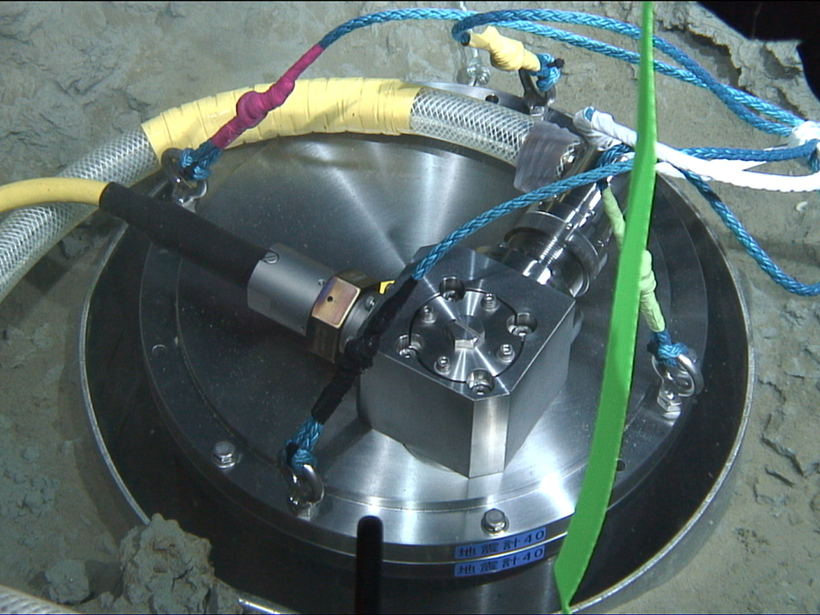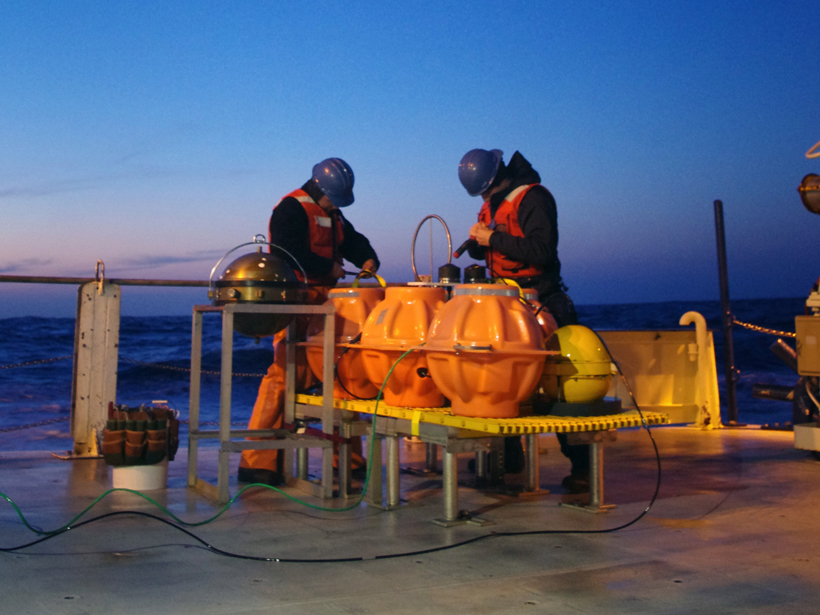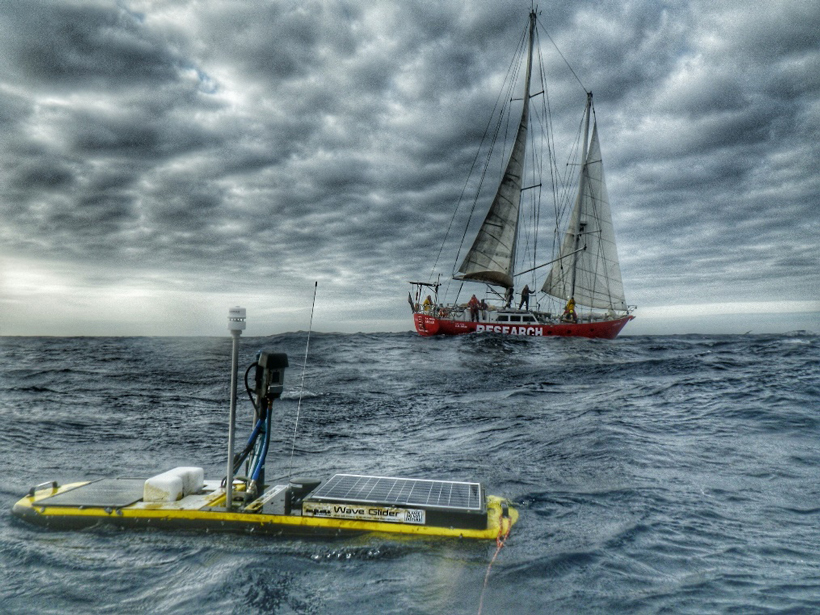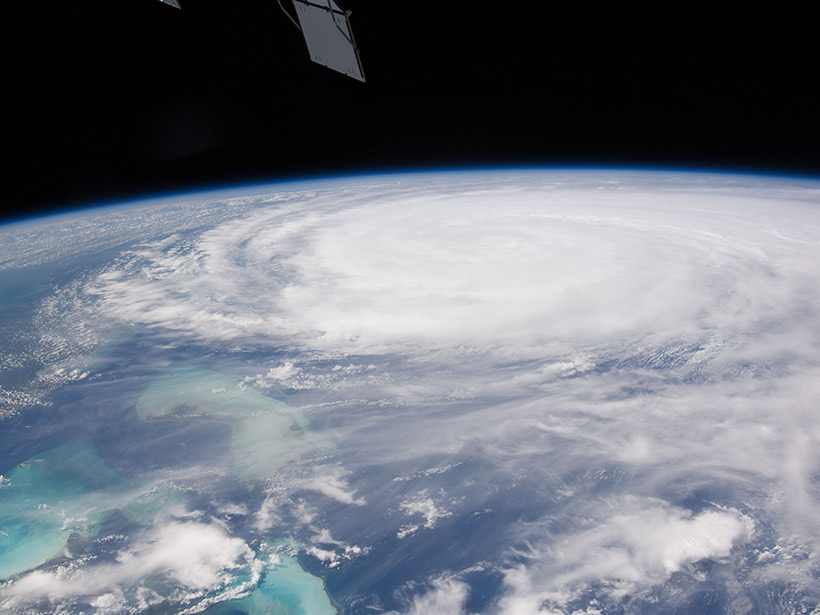On behalf of JGR: Oceans, I consented to a Reddit Science AMA. What did an anonymous public want to learn about oceanography and climate science? More importantly, what can we learn from them?
Oceans
Ocean Floor Networks Capture Low-Frequency Earthquake Event
Last August, stations on a newly deployed permanent ocean floor observation network recorded rarely seen, very low frequency signals from shallow earthquakes.
Streamlining Rapid Tsunami Forecasting
With enough sensors, traditional forecasting methods could be replaced by models continuously updated with real-time wave data.
Four Perspectives on Order From Chaos
What makes thunderstorms clump, even to the point of singularity, over uniform oceans? Three recent papers in JAMES address this question, and a new Commentary ties them together.
New Approaches for Air-Sea Fluxes in the Southern Ocean
Air-Sea Fluxes for the Southern Ocean: Strategies and Requirements for Detecting Physical and Biogeochemical Exchanges; Frascati, Italy, 21–23 September 2015
Reconstructing the Ocean's Murky Past
Scientists test whether sparse, indirect data can reveal ancient ocean chemistry and circulation patterns.
Rapidly Activated Satellite Completes A European Constellation
Sentinel-1B will move to a new orbit on the other side of our planet from its sister spacecraft Sentinel-1A.
Richard P. Von Herzen (1930–2016)
Richard P. Von Herzen, a pioneer of marine heat flow studies who helped validate plate tectonics and discover oceanic hydrothermal vents, passed away on 28 January 2016. He was 85.
What Causes Long-Term North Atlantic Surface Temperature Cycles?
New evidence strengthens a likely link between 20- to 40-year sea surface temperature fluctuations and varying ocean circulation patterns.
Tidal River Dynamics
Tidal rivers are a vital and little studied nexus between physical oceanography and hydrology.










